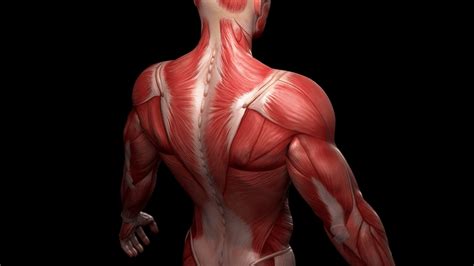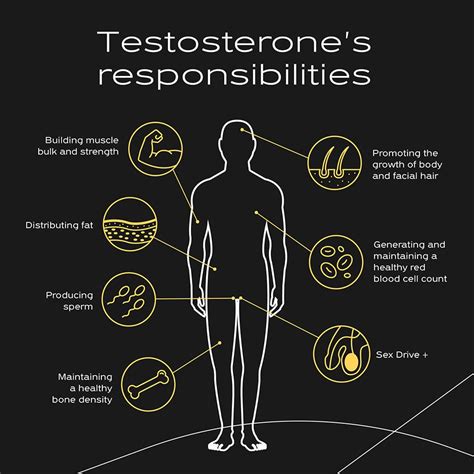How does varying sleep duration specifically impact testosterone levels and subsequent muscle recovery in men who regularly engage in strength training?

For men dedicated to strength training, the pursuit of optimal muscle growth and recovery extends far beyond the gym. While nutrition and training protocols are extensively discussed, the often-underestimated factor of sleep duration plays a profound role, particularly concerning testosterone levels and the body’s ability to repair and rebuild muscle tissue.
The Hormonal Nexus: Testosterone and Sleep
Testosterone, a primary anabolic hormone, is crucial for muscle protein synthesis, bone density, and overall male health. Its production is not constant throughout the day but follows a circadian rhythm, with the highest levels typically produced during sleep. Research consistently shows that insufficient sleep duration can lead to a significant drop in testosterone levels, even in young, healthy men.
Studies have demonstrated that even a week of restricted sleep (e.g., 5 hours per night) can decrease testosterone levels by 10-15% in otherwise healthy individuals. This reduction is not just a minor fluctuation; it can move a man’s testosterone into a lower, less optimal range. Deep sleep, in particular, is critical for the pulsatile release of luteinizing hormone (LH), which stimulates testosterone production in the testes. Disruptions to this sleep stage directly impair the body’s natural testosterone manufacturing process.

The Cascade Effect: Testosterone and Muscle Recovery
With diminished testosterone levels due to insufficient sleep, the impact on muscle recovery becomes significantly adverse. Testosterone plays a direct role in protein synthesis, the process by which the body repairs damaged muscle fibers and builds new ones after resistance training. Lower testosterone means a less efficient and slower repair process, hindering adaptations to training.
Furthermore, sleep deprivation also affects other hormones crucial for recovery, such as growth hormone (GH), which is also predominantly released during deep sleep, and cortisol. Elevated cortisol levels, often a byproduct of stress from lack of sleep, are catabolic, meaning they break down muscle tissue. This creates an unfavorable hormonal environment where muscle breakdown may outpace synthesis, directly impeding recovery and growth.

Optimal Sleep for Peak Performance
For men regularly engaging in strength training, aiming for 7-9 hours of quality sleep per night is not merely a recommendation but a foundational component of their training regimen. This duration allows for adequate cycles of REM and deep sleep, optimizing both testosterone and growth hormone production, which are paramount for muscle repair and adaptation.
Beyond quantity, sleep quality is also vital. Establishing a consistent sleep schedule, creating a dark, quiet, and cool sleep environment, and avoiding screen time before bed can significantly enhance the restorative power of sleep. Incorporating these habits can help ensure the body maximizes its hormonal output, fostering an anabolic state conducive to muscle growth and efficient recovery.

Recognizing Sleep Deprivation’s Toll
Beyond the scientific data, practical signs of inadequate sleep affecting recovery are often noticeable. These include persistent fatigue, reduced strength and endurance in subsequent workouts, prolonged muscle soreness (DOMS), increased irritability, and a general lack of motivation. If these symptoms are present despite consistent training and nutrition, insufficient sleep is a likely culprit affecting hormonal balance and, consequently, recovery.
Monitoring your sleep patterns and understanding their direct link to your physical and hormonal well-being is critical for any serious strength athlete. Prioritizing sleep is not a luxury but an essential component of an effective training strategy, directly influencing testosterone levels and the body’s capacity for muscle recovery and growth.

Conclusion
The intricate relationship between sleep duration, testosterone levels, and muscle recovery in strength-training men is undeniable. Skimping on sleep not only diminishes crucial testosterone production but also impairs the body’s ability to repair and rebuild muscle tissue, ultimately undermining training efforts. For optimal results, men engaged in strength training must view sufficient, quality sleep as an integral part of their recovery strategy, just as important as the weights they lift and the food they consume. Prioritizing sleep is investing in better hormonal health, enhanced recovery, and superior gains.










